15 Little-Known Facts About Famous Historical Events
History books tend to give us the broad strokes of major events, but there’s often more beneath the surface. Behind every monumental moment lies a web of lesser-known details that reveal surprising perspectives.
Here, we uncover 15 fascinating facts about famous historical events that you probably didn’t learn in school.
The Great Fire of London (1666) Only Killed Six People

The fire that ravaged London for four days destroyed over 13,000 homes and countless landmarks. Yet, official records claim just six people died.
The true toll may have been higher due to poor record-keeping, but it’s remarkable how few fatalities were noted considering the devastation.
The Signing of the Declaration of Independence Wasn’t on July 4th
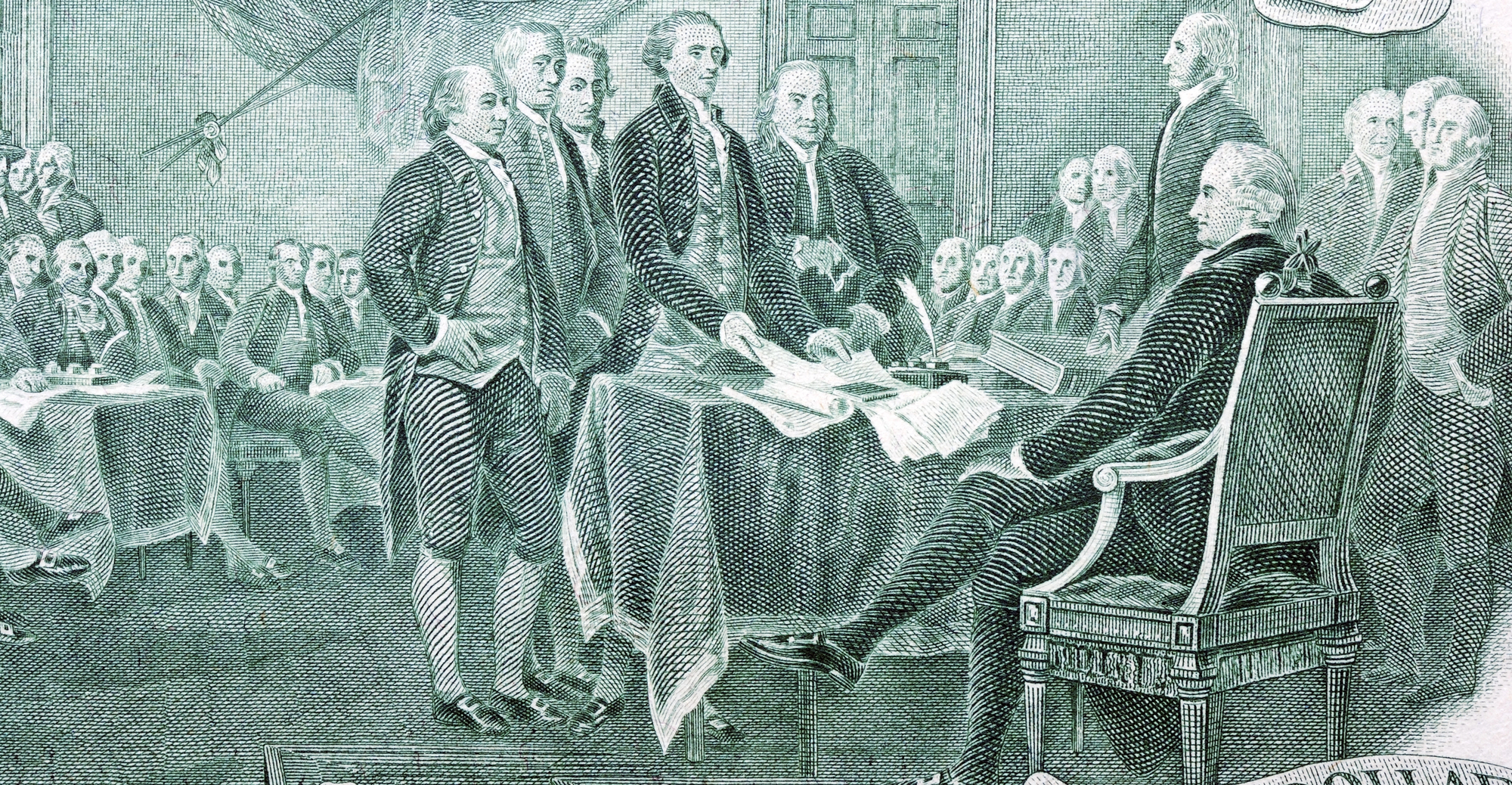
Most of the Founding Fathers didn’t sign the Declaration of Independence until August 2, 1776. July 4th marks the date when Congress formally adopted the document, but the actual signing took weeks to complete.
Like Go2Tutors’s content? Follow us on MSN.
Napoleon Was Attacked by Rabbits
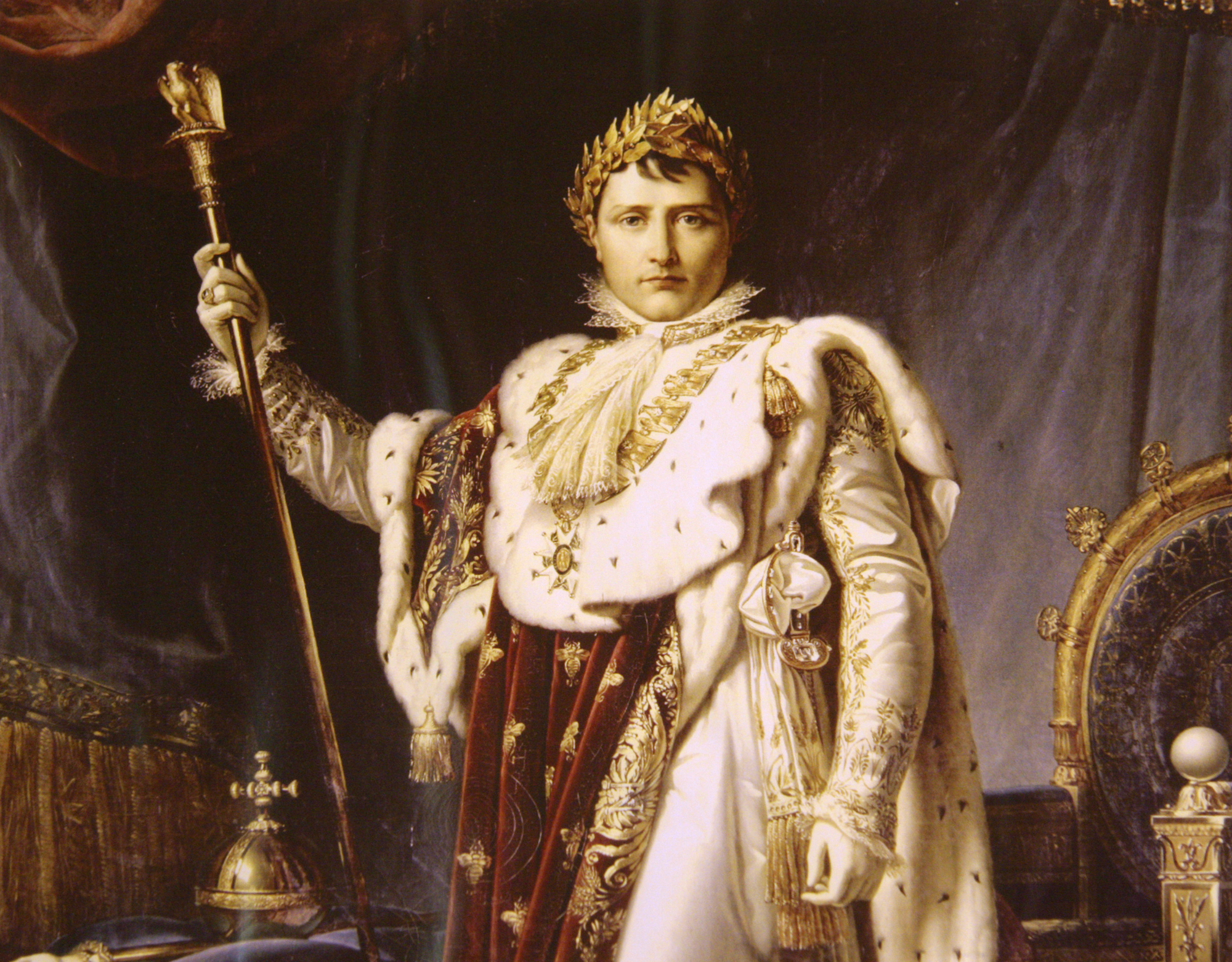
During a hunting event organized for Napoleon Bonaparte, hundreds of rabbits were released for him to shoot. Instead of running away, the rabbits charged at him and his men.
Turns out, the organizer accidentally bought tame rabbits, which thought Napoleon was there to feed them!
The Titanic’s Distress Signal Included an Early Use of SOS
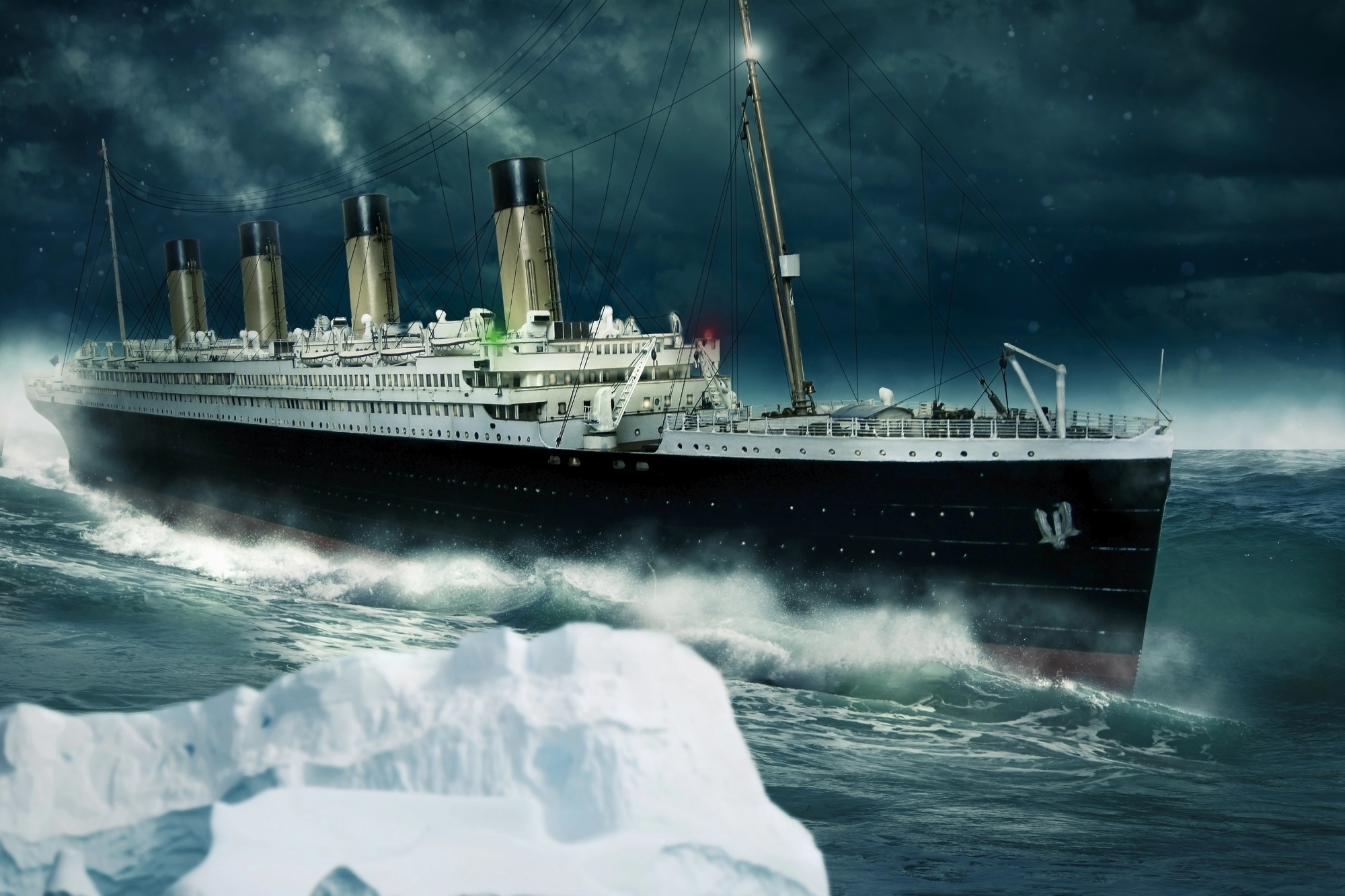
The Titanic sent multiple distress signals the night it sank, using both the older “CQD” call and the newer “SOS.” At the time, SOS was still a relatively new standard, making its use during the disaster a notable moment in maritime history.
World War I Soldiers Created Their Own Languages in the Trenches
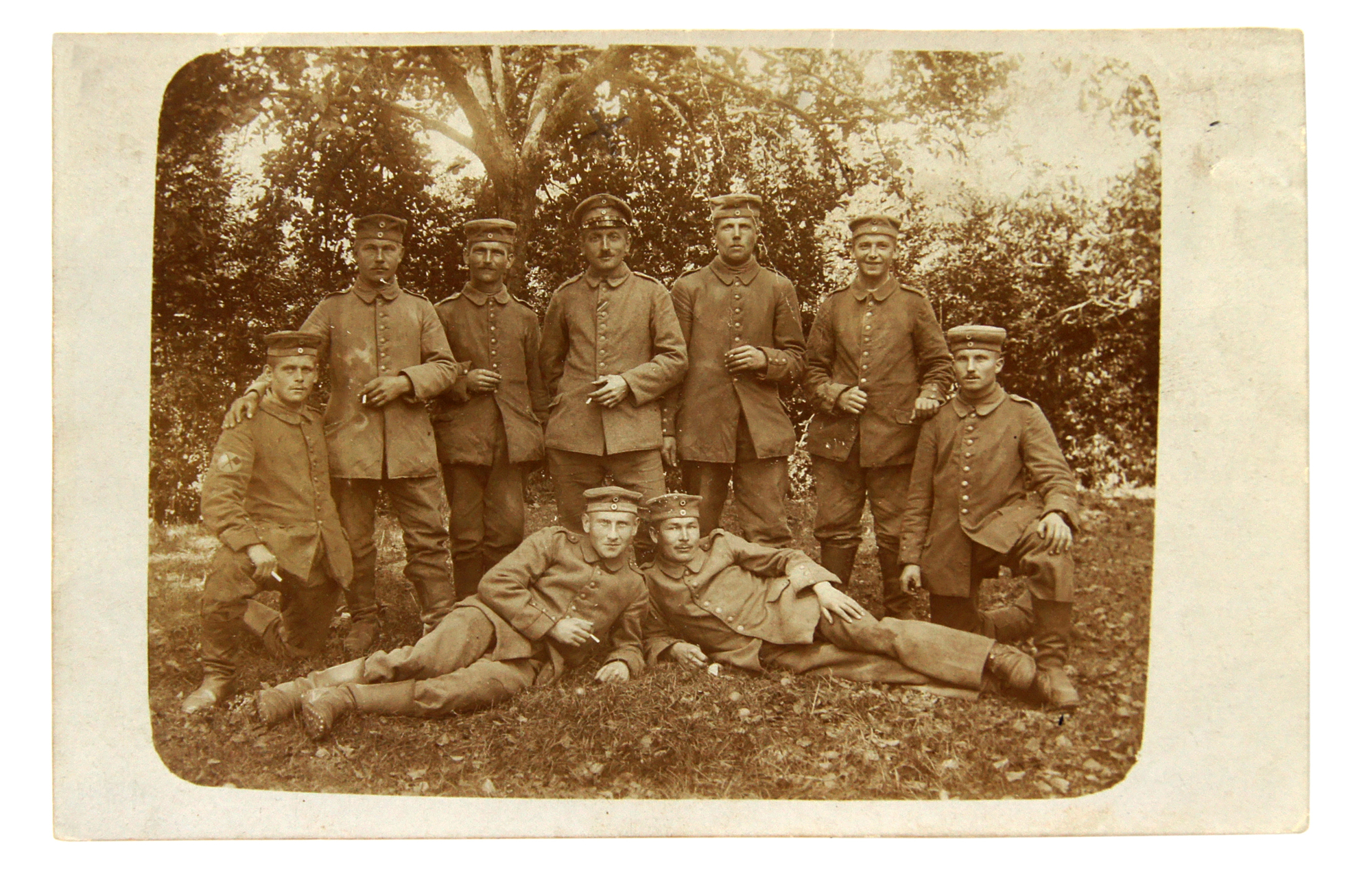
Life in the trenches led to the creation of unique slang and phrases, often incomprehensible to outsiders. For example, British soldiers referred to incoming shells as “Whiz-bangs” and developed coded ways to communicate without tipping off enemy eavesdroppers.
Like Go2Tutors’s content? Follow us on MSN.
Rosa Parks Wasn’t Sitting in a “Whites Only” Section
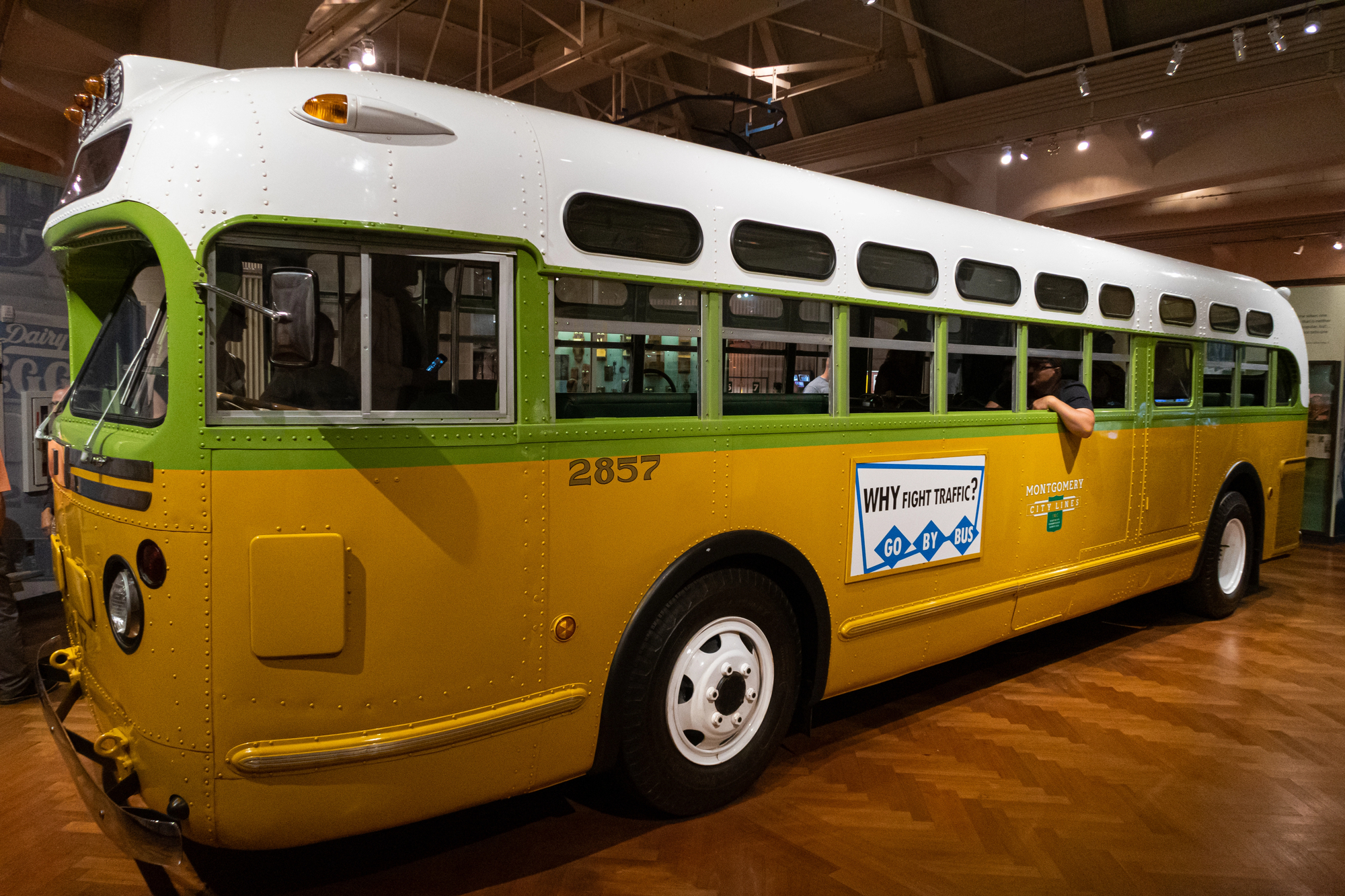
Rosa Parks’ famous act of defiance occurred in the “colored” section of a Montgomery bus. She refused to give up her seat to a white man when the bus became overcrowded, challenging segregation laws and igniting the Civil Rights Movement.
The Moon Landing Almost Didn’t Happen Due to a Stuck Switch
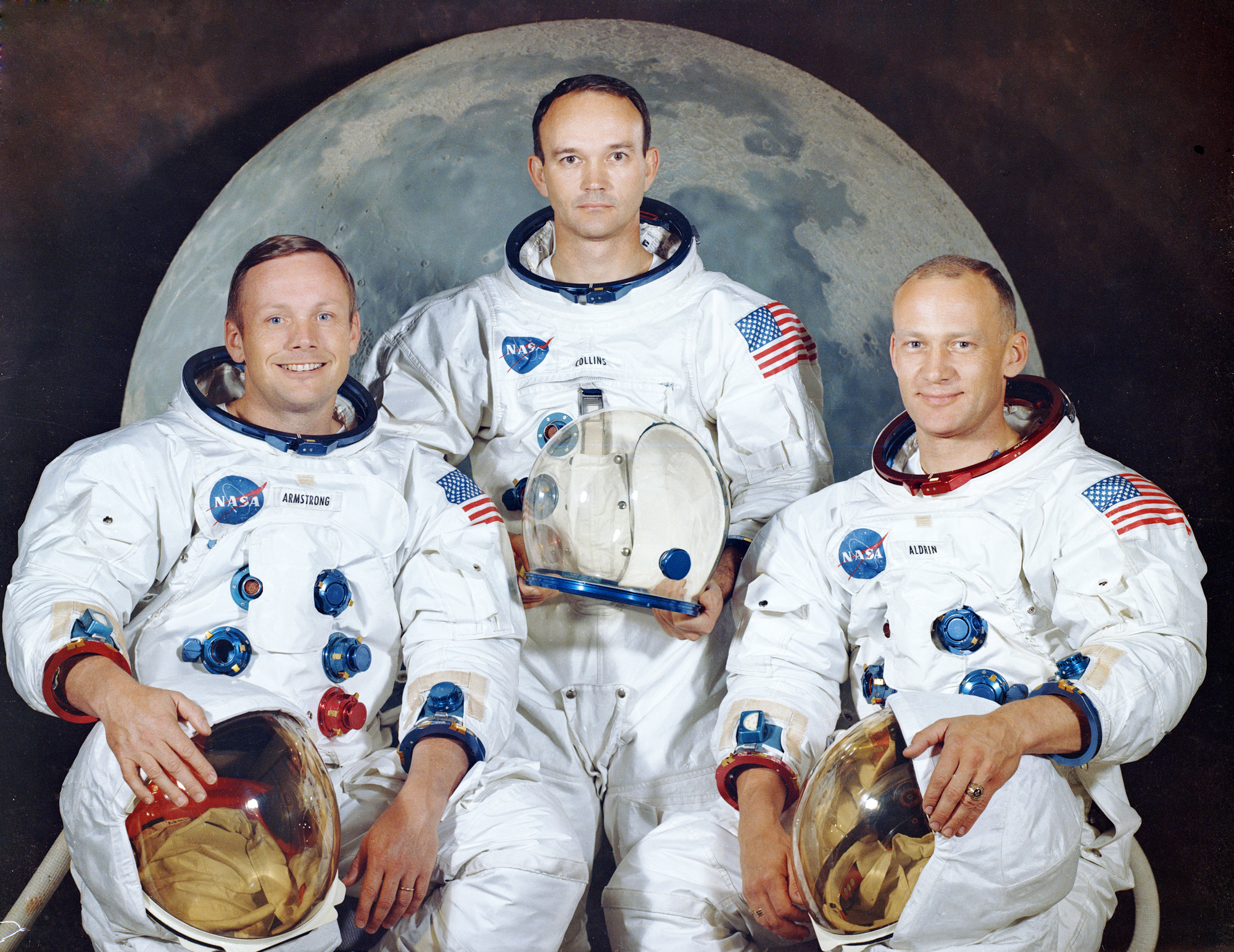
During the Apollo 11 mission, Buzz Aldrin discovered a broken circuit breaker switch critical to the lunar module’s liftoff. He managed to fix it using a felt-tip pen, ensuring the astronauts could safely leave the Moon.
The Boston Tea Party Wasn’t About Tea Prices
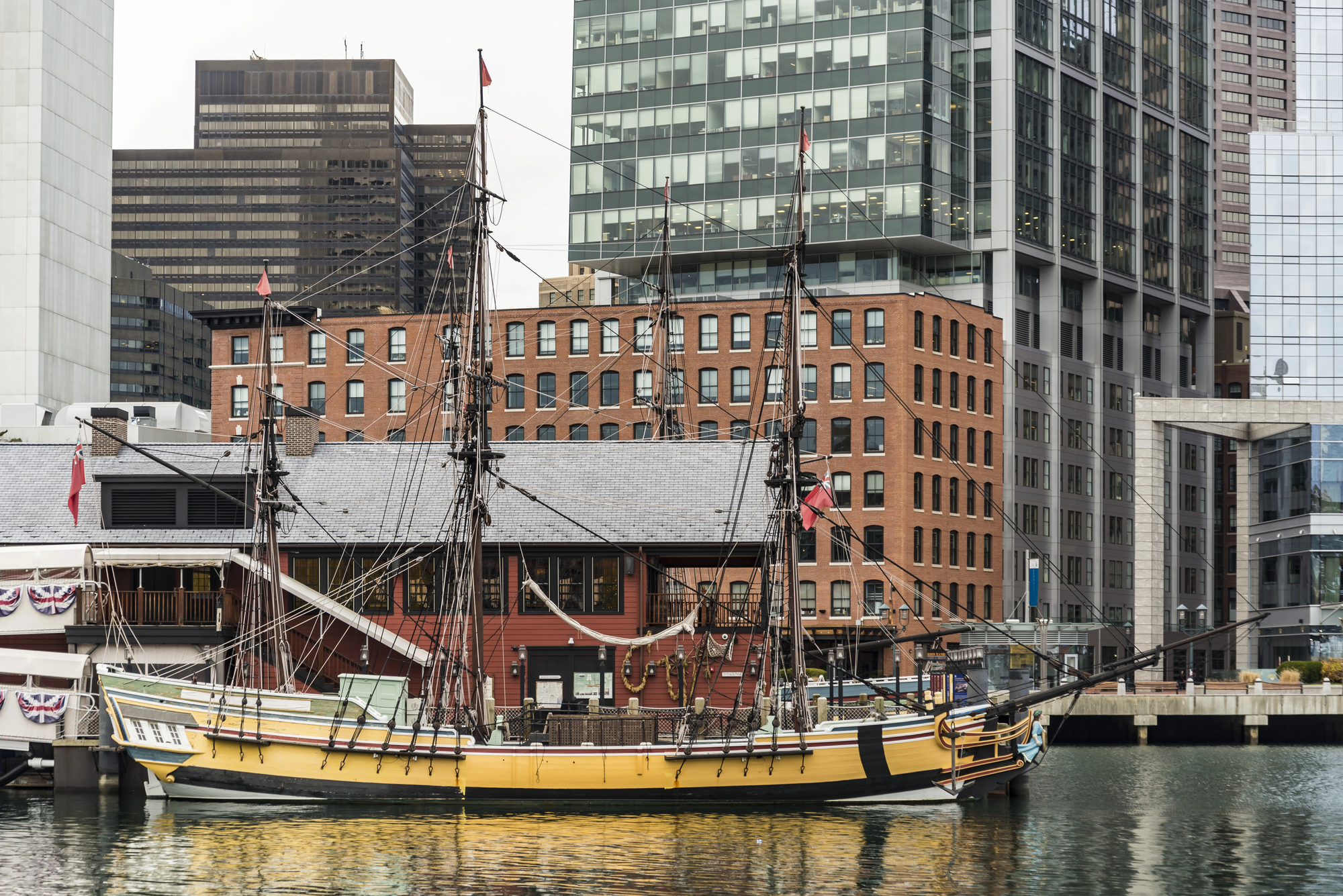
Colonists weren’t angry about the price of tea during the Boston Tea Party—they were protesting taxation without representation. The tax itself was minimal, but the principle of being taxed without a voice in British Parliament was the real issue.
Like Go2Tutors’s content? Follow us on MSN.
The Berlin Wall Came Down Due to a Miscommunication

The iconic fall of the Berlin Wall in 1989 was hastened by a government blunder. A press conference mistakenly announced that border crossings were open “immediately.”
Crowds swarmed the wall, and overwhelmed guards simply stepped aside.
Albert Einstein Declined Israel’s Presidency
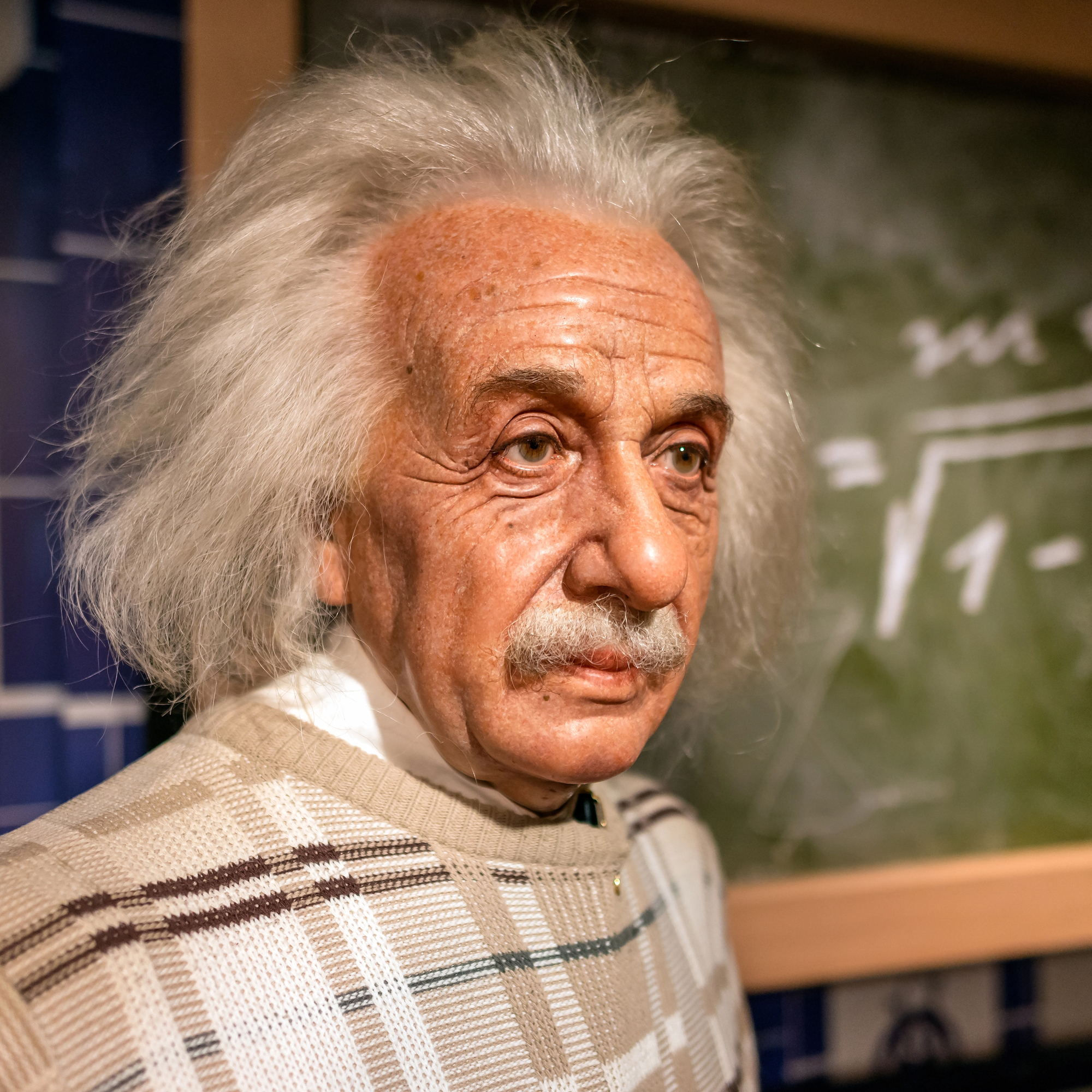
In 1952, Albert Einstein was offered the ceremonial role of Israel’s president. He turned it down, citing his lack of experience with politics and public administration, though he expressed deep admiration for the young nation.
The Cold War Was Nearly Ended by a Single Russian Officer

During the Cuban Missile Crisis, Soviet officer Vasili Arkhipov prevented nuclear war by refusing to authorize the launch of a torpedo. His decision, made under intense pressure, averted a potential global catastrophe.
Like Go2Tutors’s content? Follow us on MSN.
The Emancipation Proclamation Didn’t Free All Slaves
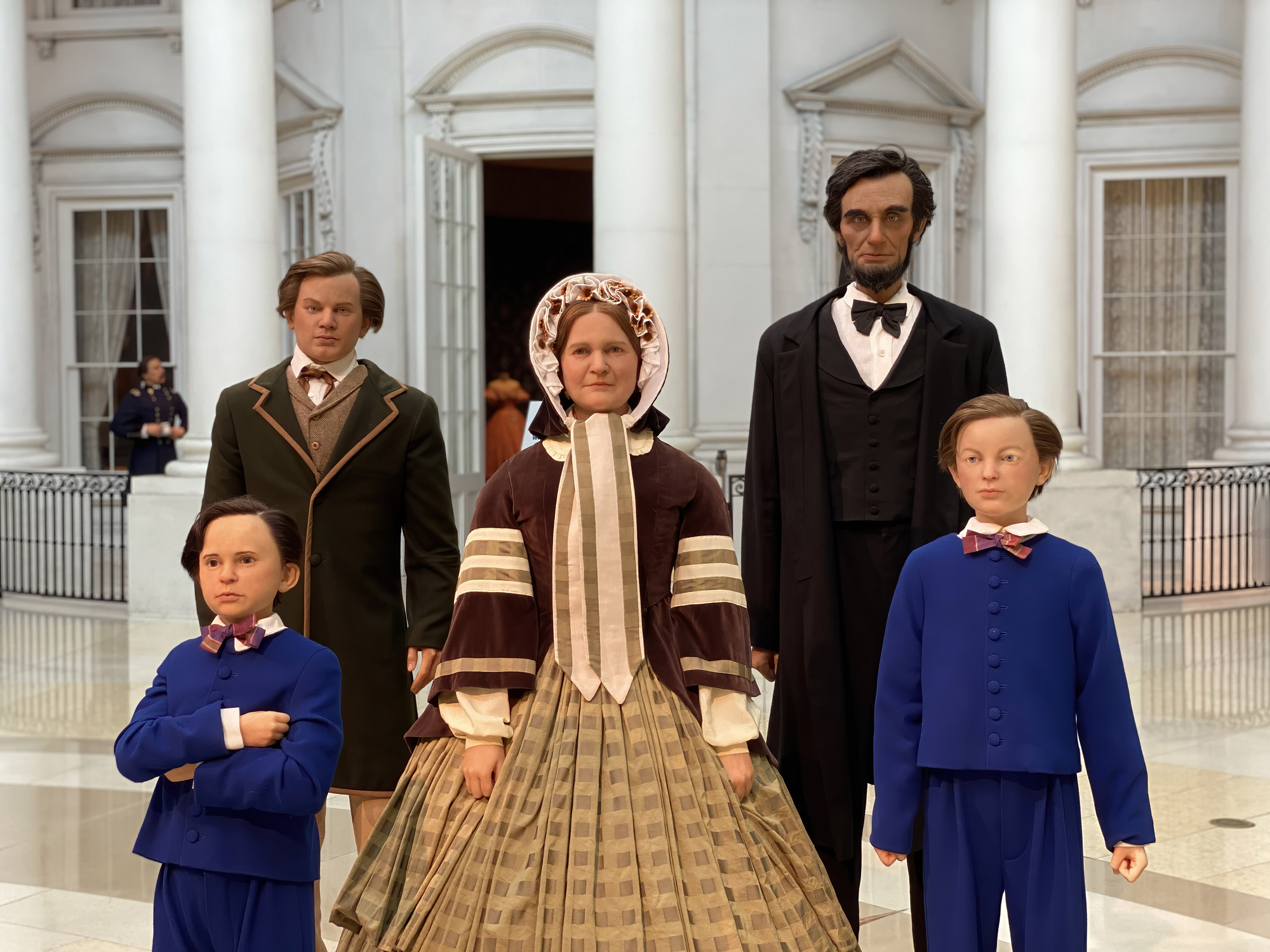
Abraham Lincoln’s famous proclamation only applied to Confederate states actively rebelling against the Union. Slaves in border states loyal to the Union were not freed until later, illustrating the political complexities of the Civil War.
Cleopatra Wasn’t Egyptian
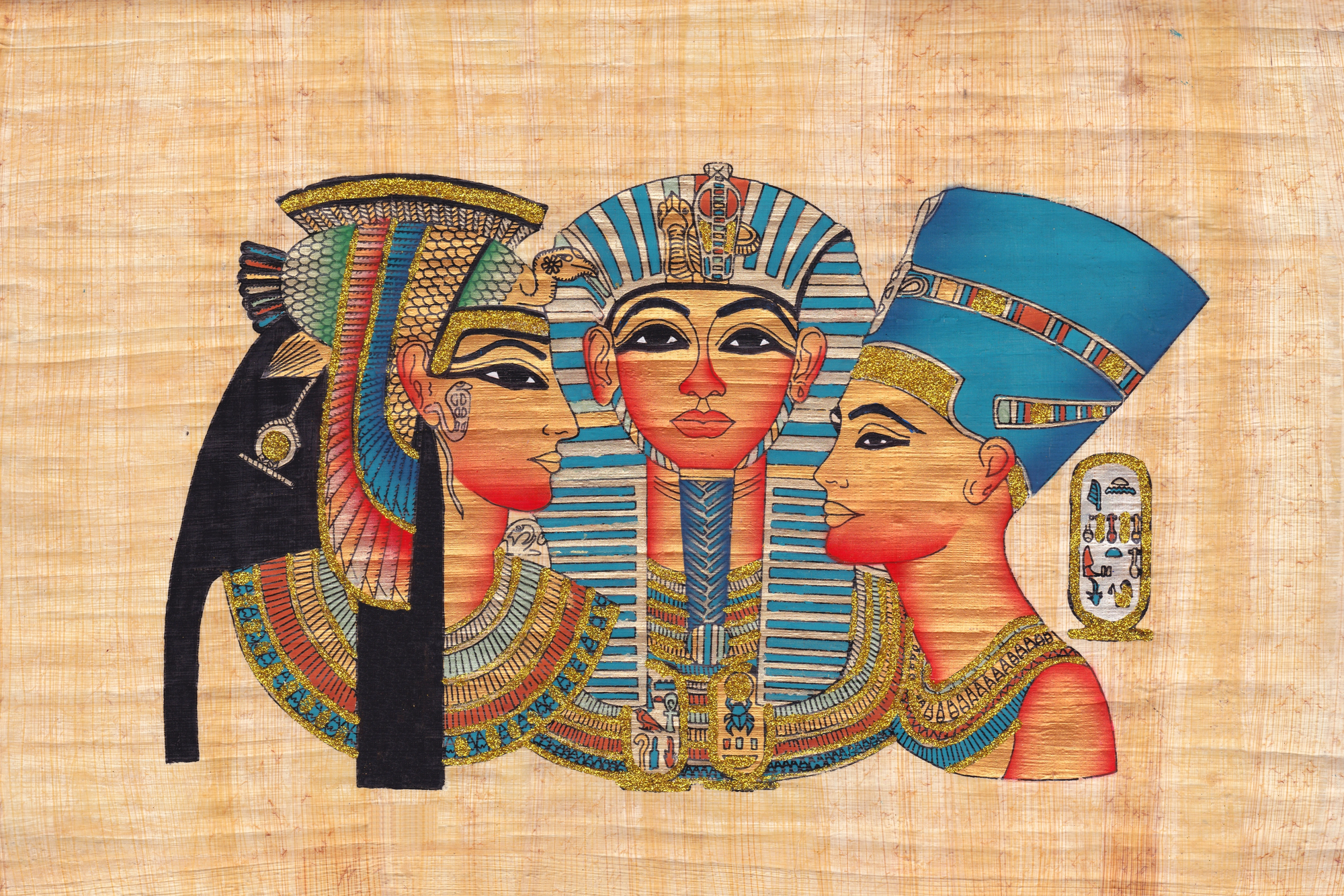
One of history’s most iconic rulers, Cleopatra, was actually of Greek descent. She was part of the Ptolemaic dynasty, which ruled Egypt after Alexander the Great’s conquest.
Despite this, she fully embraced Egyptian culture and presented herself as a native ruler.
The Wright Brothers’ First Flight Was Shorter Than a Boeing 747’s Wingspan
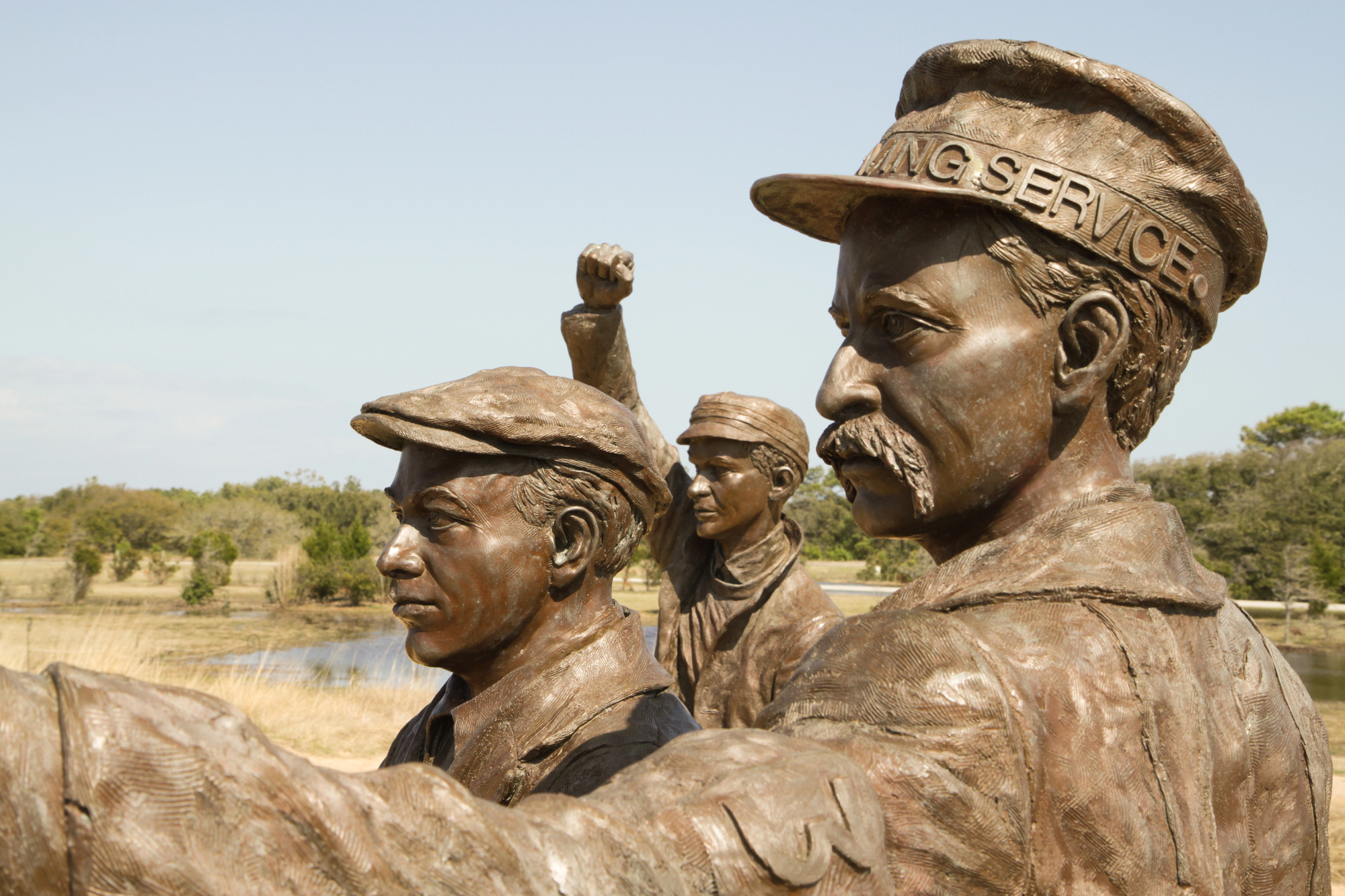
On December 17, 1903, the Wright brothers achieved powered flight, but their first trip covered just 120 feet—less than the wingspan of a modern 747 jetliner. It was short but groundbreaking, proving human flight was possible.
Like Go2Tutors’s content? Follow us on MSN.
The Vietnam War Draft Used a Lottery System Based on Birthdays
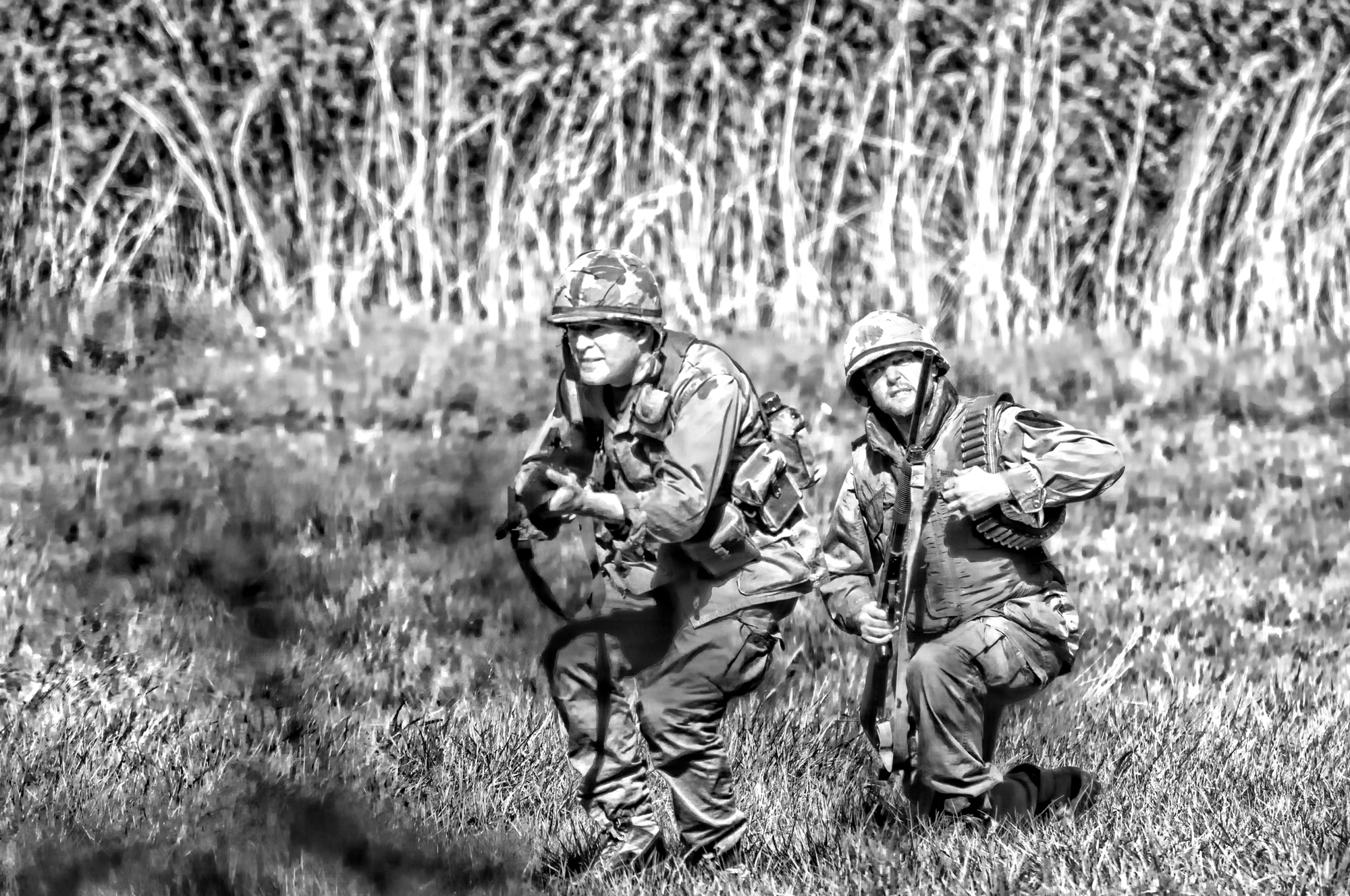
The U.S. draft lottery during the Vietnam War assigned draft numbers based on birth dates. Men born on certain days faced a higher likelihood of being drafted, creating a system of chance that determined their futures.
The Stories Beneath the Headlines
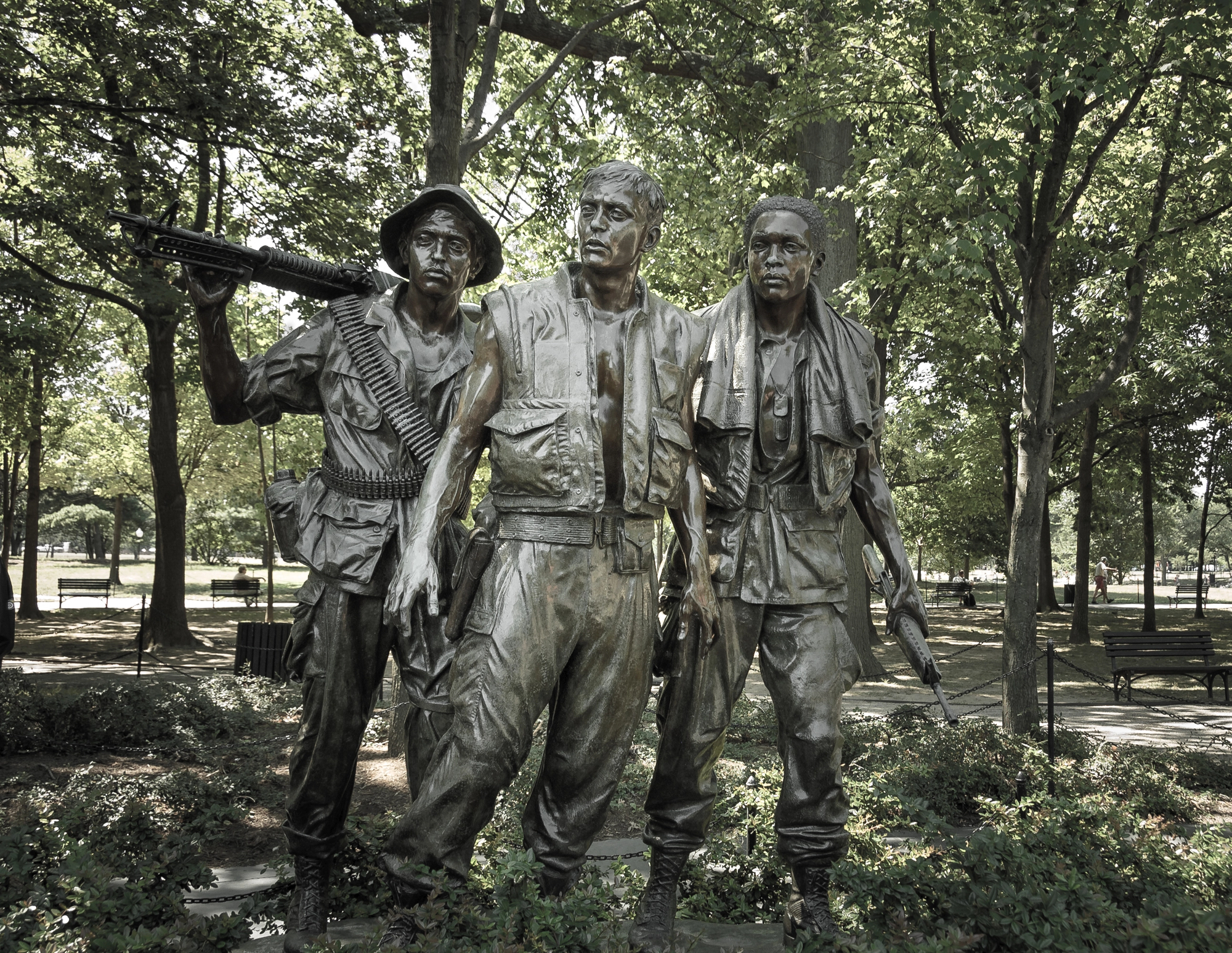
History isn’t just about big dates and famous names—it’s the hidden details that make it come alive. These little-known facts remind us that even the most familiar events have layers waiting to be uncovered.
Digging deeper into the past doesn’t just teach us about where we came from; it also reveals the unexpected twists that shaped our world.
More from Go2Tutors!

- Famous Battles: How Much Do You Really Know About U.S. History?
- Top 5 Most Important Skills, According To Harvard Business School
- How Well Do You Know 90s Pop Culture? Take the Quiz
- Master the Art of Public Speaking with These Expert Tips
- Think You Know Capitals? Put Your Knowledge to the Test
Like Go2Tutors’s content? Follow us on MSN.



